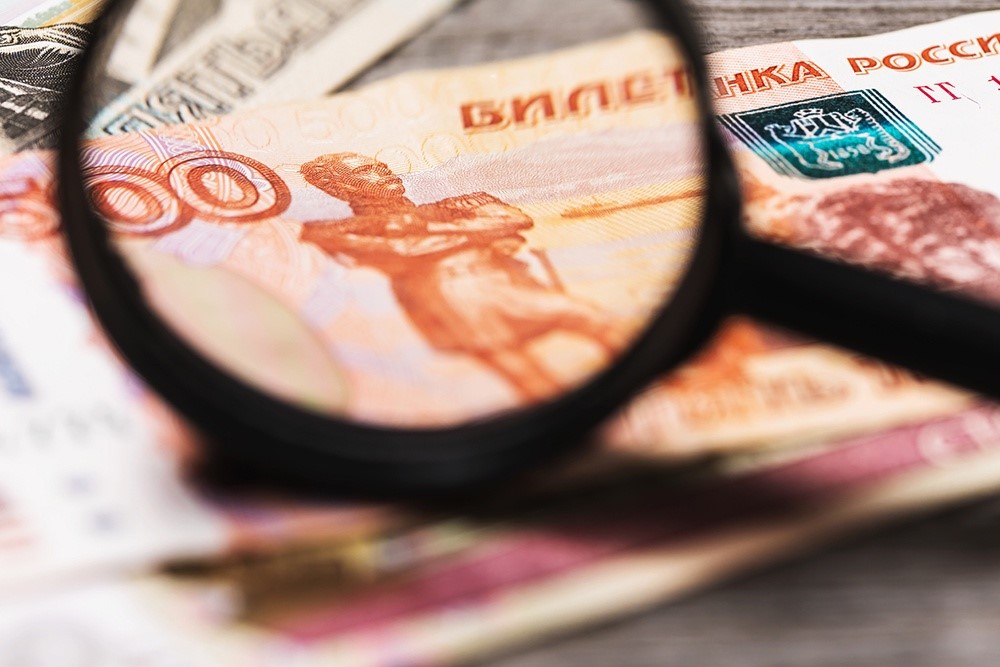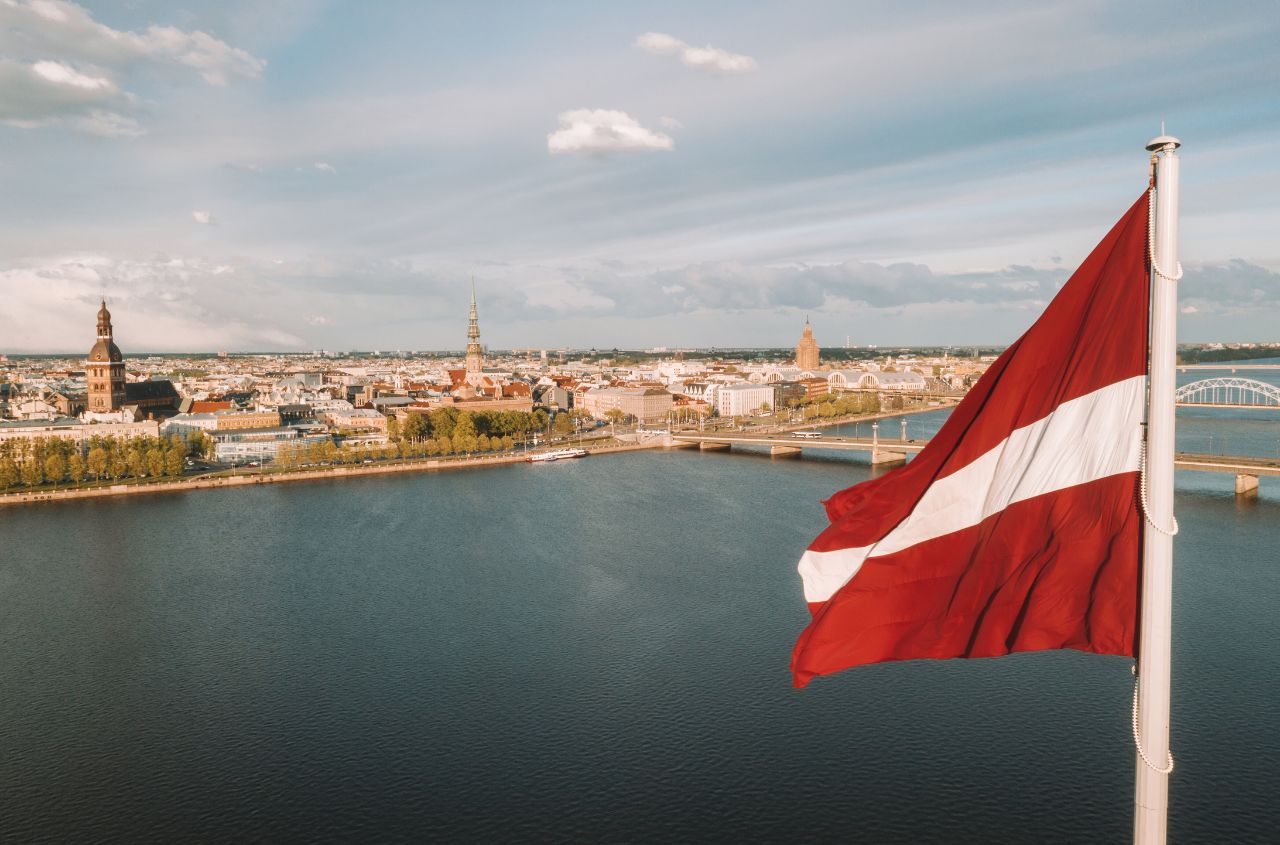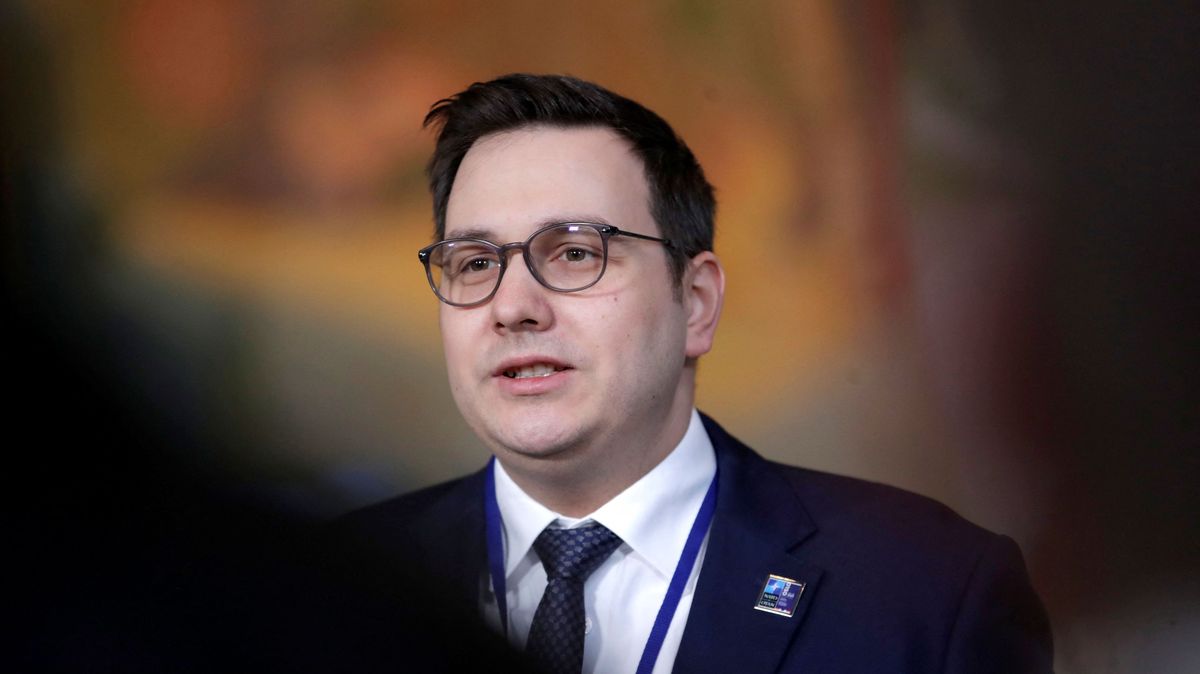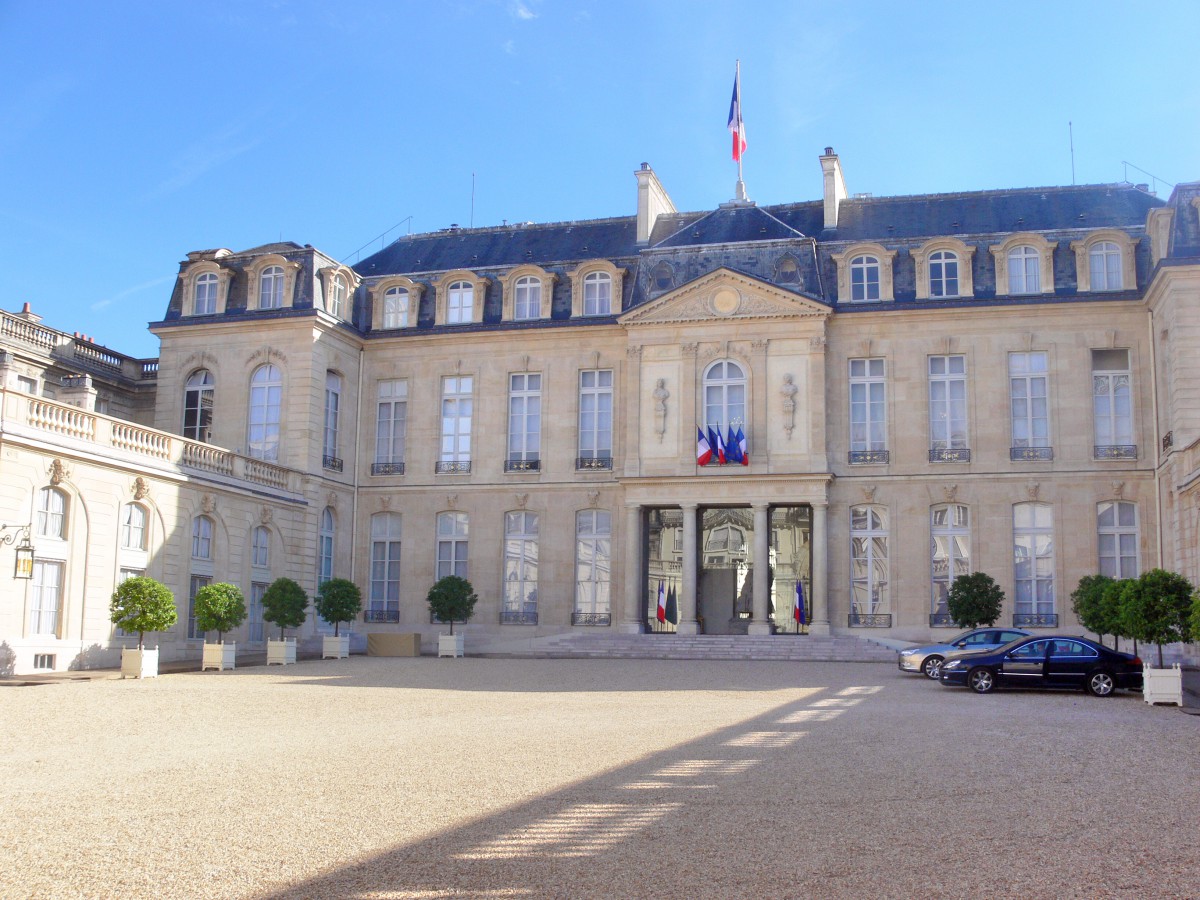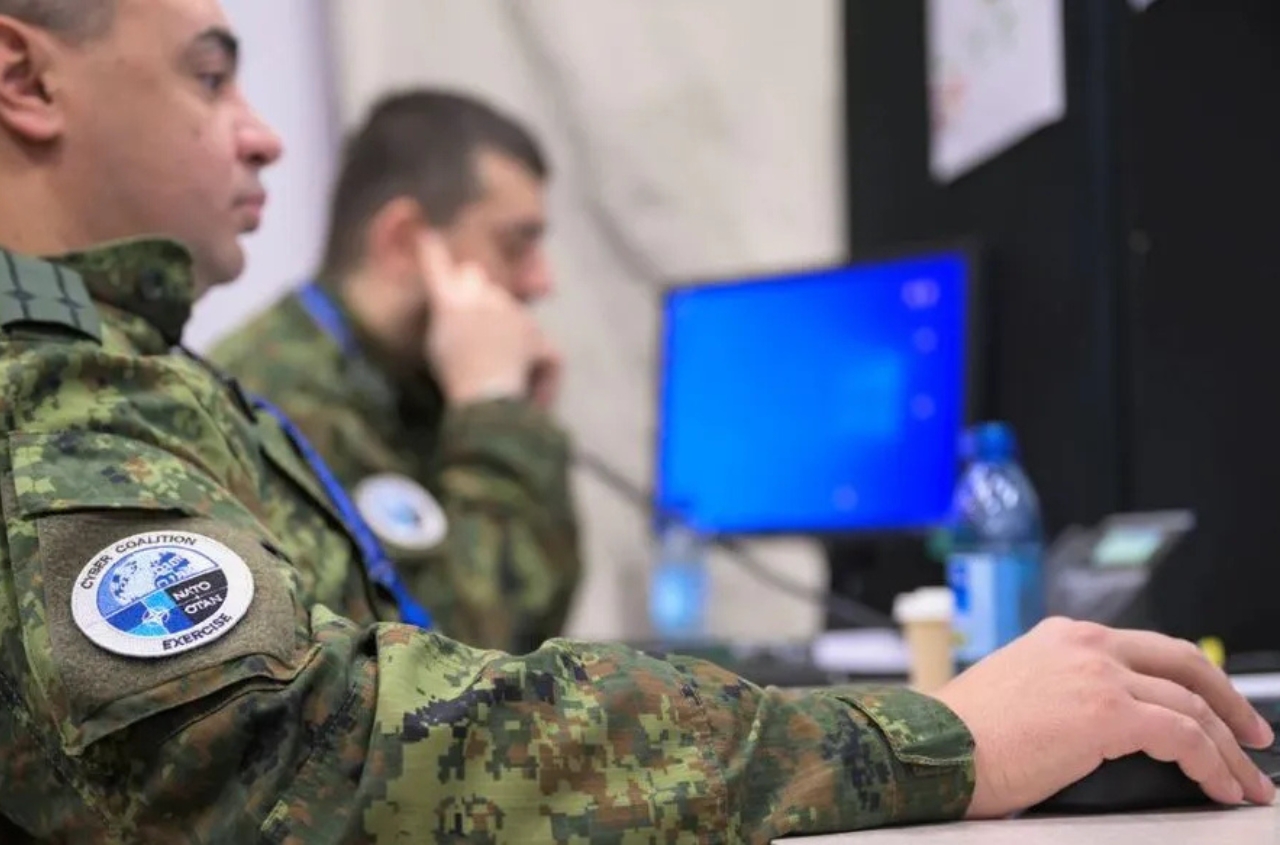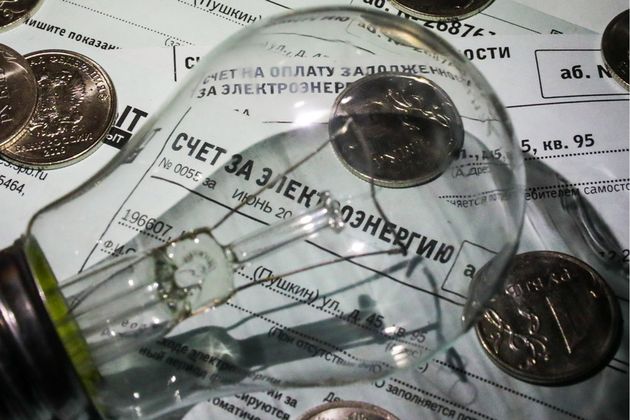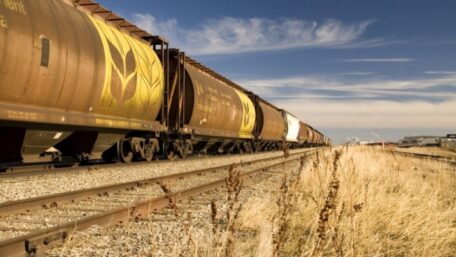In economic terms, many believed that sanctions would lead either to a rapid collapse or, if not rapid, then in general to degradation processes in Russia, which over the course of a year and a half would yield a final effect on financial stability and a decline in key indicators.
Doctor of Economics, Professor at the Higher School of Economics (HSE), Igor Lipsits, speaking on the air with Russian human rights defender Mark Feygin, explained why sanctions did not lead to an economic collapse in Russia.
"Well, let me answer you honestly, I'll tell you that Russia was simply very lucky because Europe imposed sanctions very leniently.
Europe came to Putin's rescue, Europe saved Russia, Europe spared Russia, because the most stringent oil sanctions began to take effect in December. And since they were announced but postponed, naturally, this insane period of price hikes occurred, and Russia received a huge inflow of currency, compensating for frozen foreign exchange reserves. If it had been done quickly, it would have resulted in lesser losses for Europe as well. But European politicians, you know, they're cautious people. They thought it was too dangerous to abruptly cut off energy flows, fearing it would harm their own economies. In protecting their economies, they indirectly supported Russia.
So, in 2022, a massive amount of money flowed into Russia. This, to some extent, neutralized the effect of the sanctions. Starting from December, however, the process of direct impact on the immediate horizon began.
As you can see, by August, the ruble is collapsing. Since the beginning of the year, the ruble has plummeted by 36%. Manual regulation mechanisms are already coming into play: "Give back the foreign currency!" Yesterday, Putin demanded that sellers of mineral fertilizers return their foreign currency earnings to stabilize the market. The process of firefighting has begun, as everything is already on fire.
Hence, sanctions are only now starting to take real effect. Only now the European Union has dislodged Russia from the "Eurasian carousel." What does that mean?
It means that supplying dual-use goods to Russia was prohibited. It seems clear enough. However, on the other hand, transporting goods through Russia was not banned. You probably know, being a lawyer, that in Russia, goods may enter, but not always exit. Hence, a lot of prohibited goods entered, and vanished on our roads.
Even the European Bank for Reconstruction and Development saw all of this and labeled it the "Eurasian carousel." In this sense, sanctions were poorly effective. There was this loophole, the "Eurasian transport carousel." But just in July, the last road through Latvia was closed. And now, of course, Russia is facing problems in buying what is needed for manufacturing weapons and many other things.
This poses an even more challenging problem for Russian logistics experts because transporting through Turkey is also difficult, expensive, about a 40% increase in cost. And then, which countries can be used for transportation? Kazakhstan is also reluctant to quarrel with Europe. Central Asia is serviced by Europe. Well, what do you have left? The Baltic Sea? Well, that's also a rather narrow corridor, and there can be various issues there too.
So, only now is the real impact of sanctions on Russia beginning. And of course, it will be long-lasting. It will be dramatic because, first and foremost, it will push Russia into backwardness and degradation. These are not my words, I apologize, these are the words of the Central Bank of Russia, which said that Russia is destined for reverse industrialization. A somewhat foolish term, in my opinion.
However, you could also say the degradation of the technological base because you cannot buy new equipment, you cannot acquire new technologies, you cannot obtain modern components, and you have to produce outdated products.
But outdated technologies—that's what you are forced to do because you cannot do anything else. And this is the path of degradation. This is a long path, and it is almost irreversible. It won't destroy the country. But it will deprive it of the opportunity to develop for a long time.
Russia will become poorer, it will degrade.
Look at Cuba. Today's Cuba is a glimpse into Russia's future. Can you imagine what Havana was like before 1959, when Fidel Castro came to power? It was a glamorous resort, with large luxurious hotels and fancy restaurants. But today's Havana is a grim city, rundown, in ruins, with people living on ration cards for food. Nevertheless, Cuba did not collapse, Cuba did not fall. Cuba didn't even change its regime. But it's a hopelessly impoverished life, a life lost for entire generations. Almost 70 years have passed since 1959. Russia, unfortunately, has found itself on the same trajectory.















